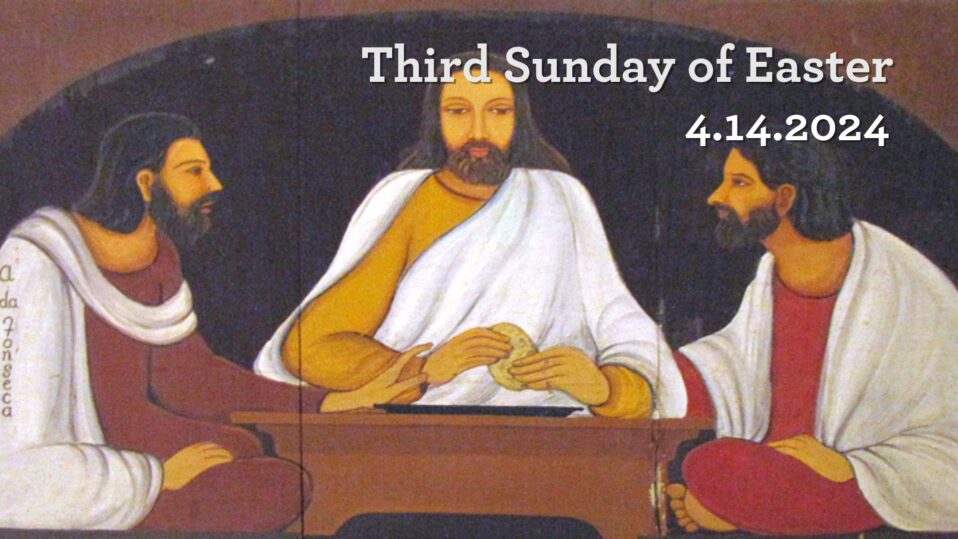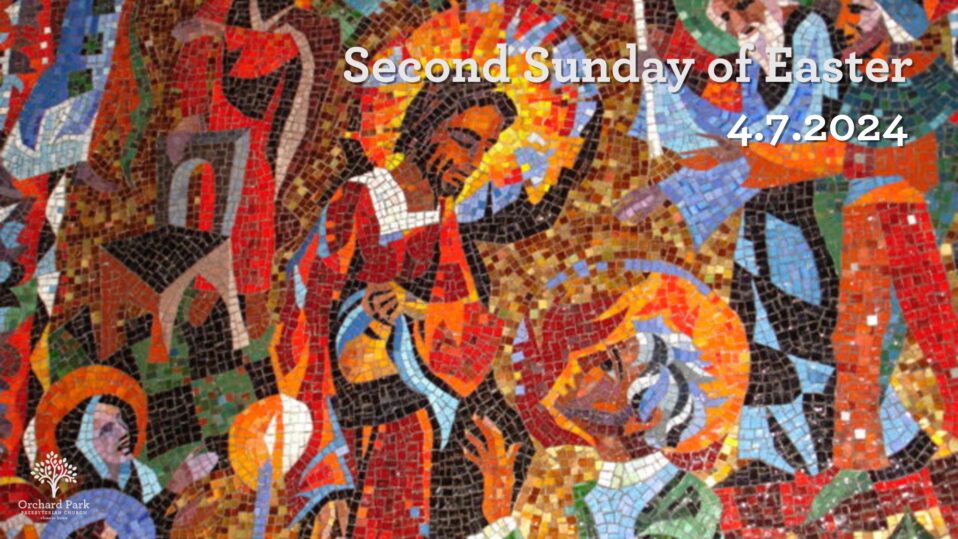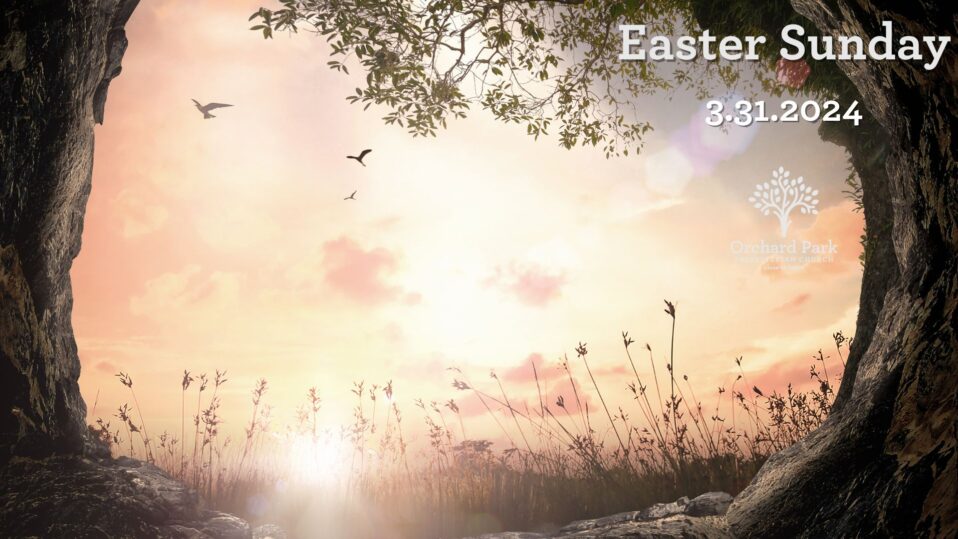The past two weekends we have had officer retreats for our church leaders. Both our Board of Deacons and our Session have been discussing the book “The Art of Community” by Charles Vogle. Vogle addresses the loneliness epidemic, and the statistics that show that today the number of people who say that they have no one to talk to has tripled in the past few decade. More people say that they don’t have a confidante than those who say that they do. Americans, particularly those under thirty, are not participating in formal religious organizations as much as people did even a generation ago.
Vogle wrote this book out of his own experience of loneliness and needing a place to belong. He talks about going to a church with his sister where people stood and waved their hands for an hour, when we sat down all eyes were on him, and he did not feel comfortable. Later in life he was in the peace corps where in the evening his fellow volunteers would drink, when he abstained a colleague said he didn’t trust anyone who doesn’t drink. Again, he felt isolated and unwelcome. He attended Yale University where he found himself suffering from imposter syndrome, believing that everyone was smarter than he was. Out of desire to connect, he and his wife invited anyone who wanted to come to their house for weekly dinners. What started as one or two people grew to 50 or more participants requiring many volunteers and dish washer. Everyone, it turns out, was hungry for community and place of welcome.
In our scripture reading today, Paul starts off with the word, “Welcome.” Welcome those who are different than you, worship differently than you, eat differently than you, practice sabbath differently than you. Rome was a Metropolitan community filled with both Greeks and Jews. Some people were from a more Jewish heritage, obeying the sabbath and food laws. Others were Gentile, who did not see the need to obey such rules, only to follow Christ. How could they both be welcomed at the same table? How could both groups feel safe to be themselves in the same space?
Differences in how we follow our consciences always have the potential to threaten our fellowship as believers in Christ. A story about Ruth Graham, wife of the famous evangelist, illustrates how differences can threaten our unity. Mrs
Graham, dressed and made up as would seem fitting for any American woman in the 1970s, attended a luncheon with wives of conservative pastors in Germany.
These German Christians had more conservative ideas regarding how women should look. They did not believe that married Christian women should wear makeup or clothing that made them look too much like the world. As a result, a German pastor’s wife, sitting across from Ruth Graham, became very upset. She thought it was shameful that the wife of this famous evangelist looked so worldly. Why, Ruth Graham was even wearing mascara! The German pastor’s wife became so angry that she started crying right into her beer. Meanwhile Ruth Graham couldn’t understand why the woman was crying, although it bothered her that a self-respecting pastor’s wife was drinking beer at a meeting to prepare for an evangelistic crusade where Christians come together as the unified body of Christ.
Blake tells lots of funny stories about his small Southern Baptist Church in southern Illinois. There’s not a lot to talk about, so often the church ladies have to get their bee in a bonnet about one thing or another. Apparently one Sunday afternoon Blake’s mom got a call from one of the church ladies who reported that the pastor was sitting on the front porch, wearing shorts! The scandal was talked about for weeks.
We are a silly lot.
Paul wants us to get over ourselves and the judgments that trip us up and be welcoming, hospitable and generous, remembering that we are accountable to God alone.
This is not a scripture about ethics. There are behaviors that are clearly ethically wrong, to which we must hold people accountable. Sexual abuse, financial abuse, abuse of power, anything that harms themselves or another, are all important topics that require holding people accountable. Rather this is a scripture that argues that Christians can behave in very different ways, have different lifestyles, hair styles, clothing styles and music styles. eat different foods, and pray in different ways, and all of them are children of God, and part of the body of Christ.
Paul was trying mightily to unite the body of Christ from getting stuck on surface issues, preferences or opinions. He was trying to unite a divisive
Church into getting their priorities straight. Jesus calls us to welcome not judge. Jesus calls us to be peacemakers not quarrel over things that don’t matter in the grand scheme of things. We should put our energy in things that are life-giving not life-draining, not in winning a point in an argument that is not essential. Paul says both in living and dying, we are the Lord’s.
Syngman Rhee says, “We must stand not on the judgment seat, but in the witness stand, where we witness to the saving love and work of Jesus Christ.”
A certain pastor was visiting one of his parishioners, and as they were talking the conversation began to lag. The lady of the house, wanting to pick up the conversation, pointed out her window to her neighbor’s back yard where the wash was hanging on the line. She said: “See that lady next door and the wash she hangs out, see how dirty it is, she never hangs out a clean wash.”
The pastor felt somewhat uncomfortable and tried to change the subject and quickly drew the visit to a close. As he was departing from the house the lady of the house walked out on the front porch with him and again the wash next door was clearly visible to both of them. They both realized at the same time that this wash was sparkling white, just as white as any wash could ever be. The truth began to dawn on them that it wasn’t the neighbor’s wash which was dirty, rather it was the window through which they had viewed the wash. (4)
I think we all are guilty of needing to wash our own windows, I know I am.
In 2017, there was a story on NPR about Coventry Cathedral in England. In 1940, during the Coventry Blitz, it was nearly bombed to destruction. The ruins of the medieval tower and the outer wall have been kept as a space for remembrance, and the only thing added was an inscription on the wall behind the altar that says simply, “Father, forgive.” They congregation built the new cathedral next to the remains of the old. But now, many decades later, in the middle of a world that seems primarily bound together only by fear and by disdain of others, Coventry Cathedral has erected another sign, this one on the front door of the church. The sign says this:
We extend a special welcome to those who are single, married, divorced, widowed, straight, gay, confused, well-heeled, or down-at-the-heel. We welcome wailing babies and excited toddlers. We welcome you whether you
can sing like Pavarotti or just growl quietly to yourself. You are welcome here if you are just browsing, you just woke up, or just got out of prison. No matter what color you are, you are welcome here. We don’t care if you are more Christian than the Archbishop of Canterbury or haven’t been to church since Christmas ten years ago. We extend a special welcome to those who are over sixty but still not grown up yet and to teenagers who are growing up too fast.
We welcome keep-fit moms, football dads, starving artists, tree huggers, latte sippers, vegetarians, junk-food eaters. We welcome those who are in recovery or still addicted. We welcome you if you ‘re having problems, are down in the dumps, or don’t like organized religion. We offer welcome to those who work too hard, don’t work, can’t spell, or are here because Granny is visiting and wanted to come to the cathedral. We offer a special welcome to those who could use a prayer right now, had religion shoved down their throats as kids, or just got lost and wound up here by mistake. We welcome pilgrims, tourists, seekers, doubters, and you.
When asked about the sign, the current rector said in the interview, “It’s simply about being a place where people can leave their differences at the door and come into conversation with one another and with God.”
Our psalm today proclaims: 3:11 For as the heavens are high above the earth, so great is his steadfast love toward those who fear him; 103:12 as far as the east is from the west, so far he removes our transgressions from us.
The community that we should try to create should be as wide and as welcoming as God’s own grace. An honest community where everyone knows to whom they belong- to each other and also to God primarily, or as Paul proclaims it “7For we do not live to ourselves, and we do not die to ourselves. 8 If we live, we live to the Lord, and if we die, we die to the Lord; so then, whether we live or whether we die, we are the Lord’s.” We are the Lord’s – all ofus…thanks be to God!
Amen,
Rev. Dr. Shelly Wood



